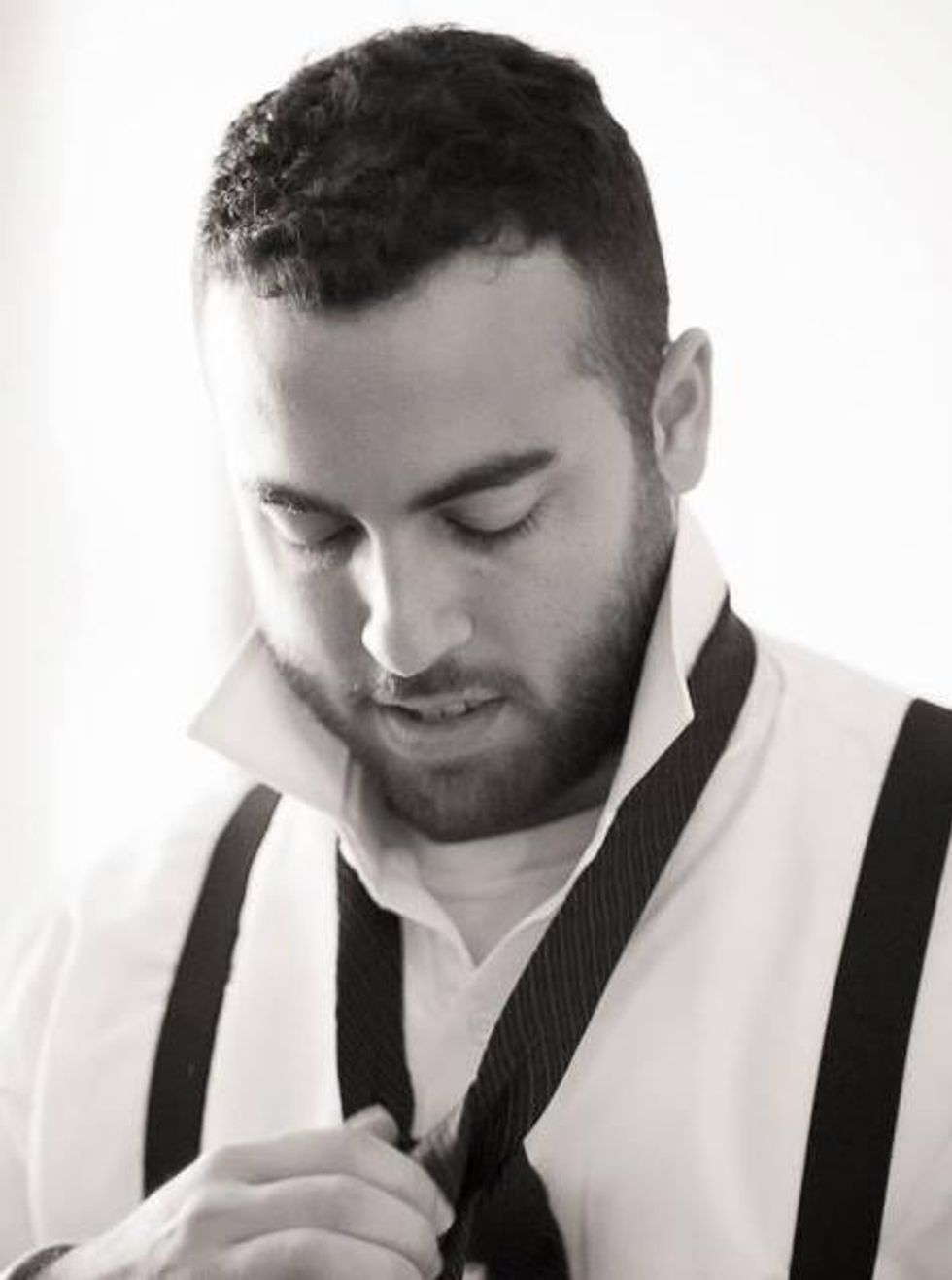
People like Miley Cyrus and Jaden Smith are slowly showing the world that gender fluidity is not some hippie-dippie California concept.
June 25 2015 3:00 AM EST
By continuing to use our site, you agree to our Privacy Policy and Terms of Use.

Susan Sarandon's son Miles Robbins is tweeting the gender fluidity revolution. And he's not the only one. Miley Cyrus, Jaden Smith, Ruby Rose from Orange Is the New Black -- all are people in the public eye coming out for gender fluidity, whether through fashion choices or by outright stating they are not into the binary system. Still, in a world where celebrities lead the way for social change, when same-sex marriage is about to become the law of the land, is it really the minds of LGBT people at large that need to change most actively?
At the tail end of the new B.C. years (Before Caitlyn Jenner), I wrote an essay about being transgender -- or, more accurately, how I realized I was not transgender after years of secret struggle with it, for Out. I hated being so personal, but I wanted to give queer people an outlet for a problem I knew a lot of them faced. Looking at the comments online, though, you wouldn't know it. Actually, the majority seemed dizzyingly displeased, even offended. Some screamed that I must be trans, having some of the feelings I had, that my doctor was "wrong." Some weren't sure why my essay was written or published.
I couldn't understand -- what exactly was so unpublishable about my crisis with gender for a magazine called Out? Also, wasn't gay good enough?
Perhaps not. And the answer may lie in misogyny. While women take on traditional boy roles, get plaudits for breaking stereotypes bit by bit (at least by those not threatened by it), boys, even gay ones, still have an issue doing the same thing back -- turning it into an all-or-nothing mentality. No, it's not to be examined why we have no nonderogatory equivalent for "tomboy." I don't believe that's a conversation happening in the multitude of gay "sports bars" proliferating in New York City, wallpapered with posters of throwback athletic ideals and TV screens of unwatched games.
I myself have no outward indicators that I'm feminine. I don't wear dresses like Jaden and Miles do. I don't sport a ponytail like Caitlyn did pre-transition. Or wear mascara like Adam Lambert. Every time I focus on women's high heels my eyes cross -- "How? Why?" Inside, though, the feminine elements are rampant. Like Miles said in his well-composed Twitter rant, I think small animals are cute. Also I'm emotional, intuitive, boy-crazy, fickle.
But like a lot of people, I also occupy the stereotypes of both male and female. I have aggressive moments as much as I have submissive ones. I am reserved as much as I'm quick to giggle. I identify with the heroine of the movie and the hero -- or actually, more often, neither. Because usually they're so boxed into one type themselves, it's hard to mistake them for human.
I'm so happy it's becoming OK now, more accepted, for a man to transition into a woman and vice versa. Everyone should be allowed to live an authentic life. At the same time, this concretization of gender roles, of either/or, can be dangerous. It's now brave to declare yourself a woman. It's suicide to be a boy and go to prom in a dress. It's looking for "attention." We have to realize, no, it's not (the Swarovski crystals on Jaden's dress notwithstanding).
"It's interesting -- he likes buses and cars -- boy things! I didn't teach him that!" my sister said about my 15-month-old nephew on a recent visit.
I looked around the room. At the buses, the cars, the lack of any pink, sparkle, or princess. He had a choice?
How young the conditioning really starts -- with the presents people give and the roles heaped on children and the immediate feeling of what's "yours" to like. It seems natural. And it very well may be, to an extent. But I would say if you're not questioning that aspect of society when you're older, or if you're not accepting of someone else's questioning or experimentation with the gender they've been assigned -- like Miles, like myself -- then something is deeply wrong with your preconceptions.
Still, the question lingers. Maybe you are one or the other, or can tip too far in one direction. I hate when people say "Sir" or when I'm thrown in with other boys in a male versus female game. Certainly, then, I have to swipe left every Tinder or Grindr profile posting for someone "masc." You can only do that so many times before wondering if your penis has disappeared.
Luckily, though, I recently stumbled across a beautiful essay by trans professor Rhiannon Catherwood. She articulated how she was actually scared she wasn't trans. That her therapist would tell her no, like I was scared once upon a time that mine would tell me yes. She questioned. She wanted confirmation that she knew what she felt inside.
I realized that's what all people want -- confirmation. And then I remembered my therapist's anecdote about two trans patients she had, frenemies, each one sniffing that they thought the other wasn't "really" a proper woman. No one gets to decide whether you're a man or a woman other than you.
You have to be comfortable with yourself,and support others in their journey. When I was a kid, I liked Barbie. I also like being called "Uncle Michael." And no, that doesn't make me "fabulous," either -- just who I am.

Charlie Kirk DID say stoning gay people was the 'perfect law' — and these other heinous quotes